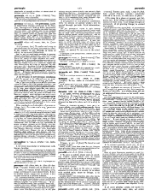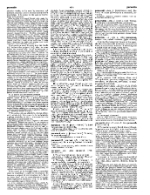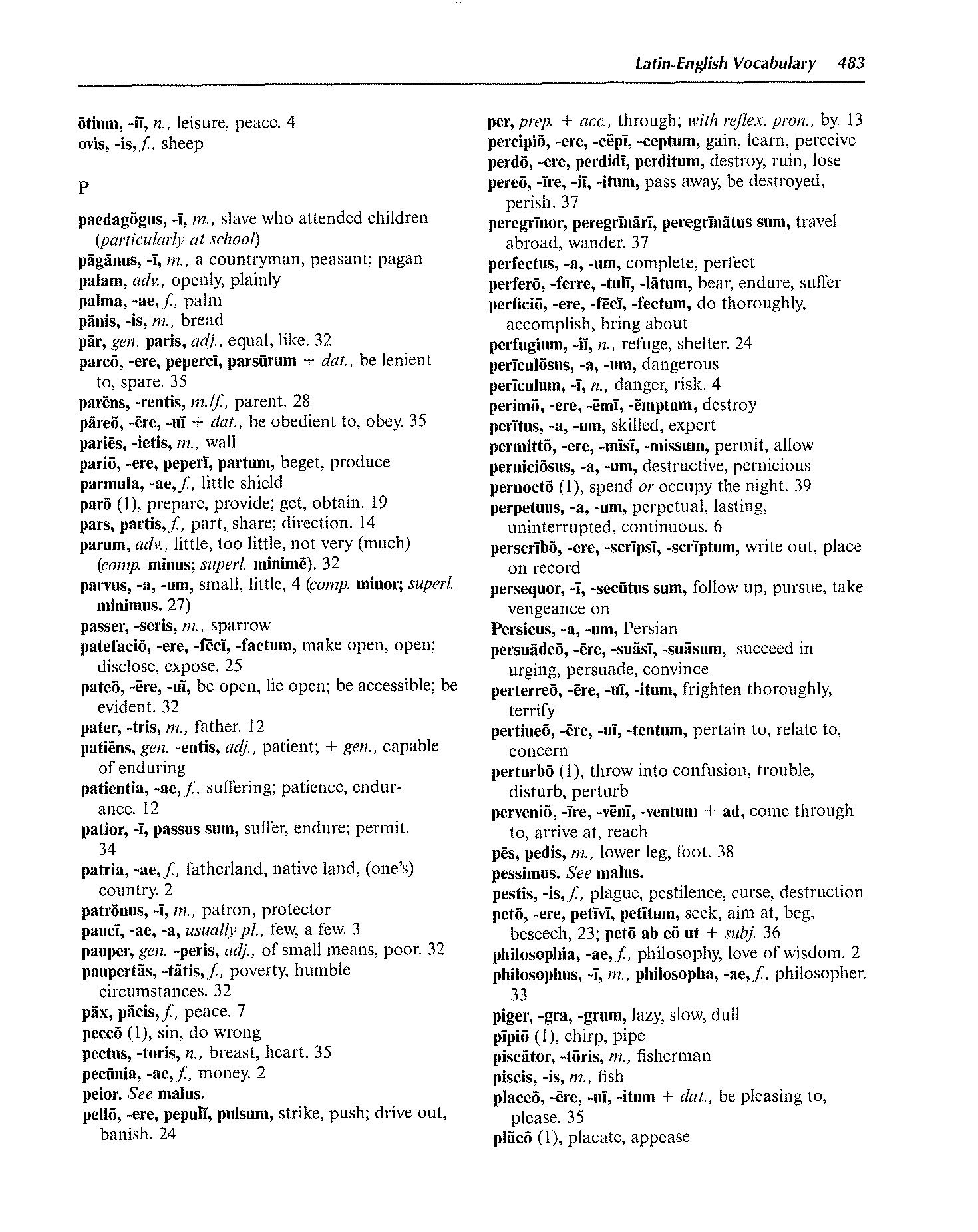
page_listing.tpl
page_subListingDetails.tpl
sub_listingDetails_style1.tpl
sub_listingDetails.title.tpl
pervenīre To come to
pervenīre is a Latin Verb that primarily means To come to.
Definitions for pervenīre
Wheelock's Latin
Verb
- 1
come through to, arrive at, reach
Oxford Latin Dictionary
Verb
- 1
To come (to a place or person), get (to), arrive (at). (b) (of things considered to have a motion of their own). (c) (of things brought or conveyed). (d) (of growing things) to extend (to a point).
- 2
(w. emphasis on success of journey) To get through (to), penetrate (to). (b) (of weapons, blows) to land (on). (c) (of words, facts, etc.) to be impressed (on a person or his mind), come home (to).
- 3
To extend spatially, reach (to). (b) (of a process) to extend in time, go on (till). (c) (of conditions, feelings. etc.) to extend in scope (to).
- 4
ad aures alicuius ~enite (of facts) To come to someone's ears; also ad oculos alicuius ~enire, to be seen by someone; ad notitiam alicuius ~enire, to come to someone's knowledge. (b) to come to the ears or knowledge of a person.
- 5
(of goods or sim.) To pass into the hands (of), become the property (of); also, to come under the control of. (b) (of advantages or misfortunes, duties, etc.) to fall (on), come (to).
Sentences with pervenīre
Latin to English
Multīs post annīs...pervēnit.Compare He arrived many years later.
Semper tibi displiceat quod es, si vis pervenire ad id quod nondum es.Compare If you would attain to what you are not yet, you must always be displeased by what you are.
Ego iuvat ad finis bellum Punicus pervenio.Compare It pleases me to have come to the end of the Carthaginian war.
Noli credere, nec dicere, nec docere, infantes antequam baptizentur morte praeventos pervenire posse ad originalium indulgentiam peccatorum, si vis esse catholicus.Compare Do not believe, do not say, do not teach that infants who died before being baptized can attain to forgiveness of orginal sins—not if you wish to be a Catholic.
Et iam pervenio ad locus insidiae natus.Compare And now they had come to a spot exactly suited for an ambush.
Quis sum avaritia tam ardens, qui non multus pars malo pecunia ad sui sine facinus quam scelus aliquis pervenio?Compare Who is there with such intense avarice, that he would not many times rather that money should come to him without dishonesty than by some crime?
Conjugation table for pervenīre
Cactus2000
| ACTIVE | |
| Indicative present | Indicative imperfect |
| perveniō pervenīs pervenit pervenīmus pervenītis perveniunt | perveniēbam perveniēbās perveniēbat perveniēbāmus perveniēbātis perveniēbant |
| Indicative perfect | Indicative pluperfect |
| pervēnī pervēnistī pervēnit pervēnimus pervēnistis pervēnērunt / pervēnēre | pervēneram pervēnerās pervēnerat pervēnerāmus pervēnerātis pervēnerant |
| Indicative future | Indicative future perfect |
| perveniam perveniēs perveniet perveniēmus perveniētis pervenient | pervēnerō pervēneris pervēnerit pervēnerimus pervēneritis pervēnerint |
| Subjunctive present | Subjunctive imperfect |
| perveniam perveniās perveniat perveniāmus perveniātis perveniant | pervenīrem pervenīrēs pervenīret pervenīrēmus pervenīrētis pervenīrent |
| Subjunctive perfect | Subjunctive pluperfect |
| pervēnerim pervēneris pervēnerit pervēnerimus pervēneritis pervēnerint | pervēnissem pervēnissēs pervēnisset pervēnissēmus pervēnissētis pervēnissent |
Infinitive present pervenīre Infinitive perfect pervēnisse Infinitive future perventūrum esse | Imperative present pervenī pervenīte Imperative future pervenītō pervenītō pervenītōte perveniuntō |
| PASSIVE | |
| Indicative present | Indicative imperfect |
| pervenior pervenīris pervenītur pervenīmur pervenīminī perveniuntur | perveniēbar perveniēbāris / perveniēbāre perveniēbātur perveniēbāmur perveniēbāminī perveniēbantur |
| Indicative perfect | Indicative pluperfect |
| perventus sum perventus es perventus est perventī sumus perventī estis perventī sunt | perventus eram perventus erās perventus erat perventī erāmus perventī erātis perventī erant |
| Indicative future | Indicative future perfect |
| perveniar perveniēris / perveniēre perveniētur perveniēmur perveniēminī pervenientur | perventus erō perventus eris perventus erit perventī erimus perventī eritis perventī erunt |
| Subjunctive present | Subjunctive imperfect |
| perveniar perveniāris / perveniāre perveniātur perveniāmur perveniāminī perveniantur | pervenīrer pervenīrēris / pervenīrēre pervenīrētur pervenīrēmur pervenīrēminī pervenīrentur |
| Subjunctive perfect | Subjunctive pluperfect |
| perventus sim perventus sīs perventus sit perventī sīmus perventī sītis perventī sint | perventus essem perventus essēs perventus esset perventī essēmus perventī essētis perventī essent |
Infinitive present pervenīrī Infinitive perfect perventum esse Infinitive future perventum īrī | Imperative present pervenīre pervenīminī Imperative future pervenītor pervenītor - pervenīuntor |
| PARTICIPLE | ||
| Participle present active | ||
| Nom. | perveniēns | pervenientēs |
| Gen. | pervenientis | pervenientium |
| Dat. | pervenientī | pervenientibus |
| Acc. | pervenientem | pervenientēs |
| Abl. | perveniente | pervenientibus |
| Participle future active | ||
| Nom. | perventūrus | perventūrī |
| Gen. | perventūrī | perventūrōrum |
| Dat. | perventūrō | perventūrīs |
| Acc. | perventūrum | perventūrōs |
| Abl. | perventūrō | perventūrīs |
| Participle perfect passive | ||
| Nom. | perventus | perventī |
| Gen. | perventī | perventōrum |
| Dat. | perventō | perventīs |
| Acc. | perventum | perventōs |
| Abl. | perventō | perventīs |
| Gerundive | ||
| Nom. | perveniendus | perveniendī |
| Gen. | perveniendī | perveniendōrum |
| Dat. | perveniendō | perveniendīs |
| Acc. | perveniendum | perveniendōs |
| Abl. | perveniendō | perveniendīs |
| Gerund | Supine | |
| Nom. | pervenīre | perventum |
| Gen. | perveniendī | perventū |
| Dat. | perveniendō | |
| Acc. | perveniendum | |
| Abl. | perveniendō | |
Data sources
Notes
- Definitions
- Frederick M. Wheelock, Wheelock's Latin, 6th ed., rev. Richard A. LaFleur (New York, NY: HarperCollins Publishers, 2005): 483.
- P. G. W. Glare, Oxford Latin Dictionary, Vols. 1-8 (Oxford: Clarendon Press, 1982): 1362.
- Word frequencies
- Christopher Francese, "Latin Core Vocabulary," Dickinson College Commentaries, last modified 2014, http://dcc.dickinson.edu.
- Paul B. Diederich, The Frequency of Latin Words and Their Endings, PhD diss., (Columbia University, 1939).
Bibliography
Allen, Joseph H. Allen and Greenough's New Latin Grammar for Schools and Colleges: Founded on Comparative Grammar. Edited by James B. Greenough, George L. Kittredge, Albert A. Howard, and Benjamin L. D'Ooge. Boston, MA: Ginn & Company, 1903.
Crystal, David. A Dictionary of Linguistics and Phonetics. 6th ed. Oxford, UK: Blackwell Publishing, 2008.
Delatte, Louis, Suzanne Govaerts, Joseph Denooz, and Etienne Evrard. Dictionnaire fréquentiel et index inverse de la langue latine [Frequency Dictionary and Inverse Index of the Latin Language]. Liège, Belgium: Laboratoire d'analyse statistique des langues anciennes de l'Université de Liège (L.A.S.L.A.), 1981.
Diederich, Paul B. The Frequency of Latin Words and Their Endings. PhD diss., Columbia University, 1939.
Francese, Christopher. "Latin Core Vocabulary." Dickinson College Commentaries. Last modified 2014. http://dcc.dickinson.edu/latin-vocabulary-list.
Gildersleeve, Basil L., and Gonzales Lodge. Gildersleeve's Latin Grammar: Third Edition, Revised, and Enlarged. 3rd ed. London, England: Macmillan and Co., 1903.
Glare, Peter G.W. Oxford Latin Dictionary. Vols. 1-8. Oxford, England: Clarendon Press, 1982.
Krüger, Bernd. "Latin Conjugation Tables." Cactus2000. Accessed May 5, 2023. https://latin.cactus2000.de/index.en.php.
Pierson, Nick. "Sound of Text." Accessed October 26, 2019. https://soundoftext.com.
Wheelock, Frederick M. Wheelock's Latin. 6th ed. Revised by Richard A. LaFleur. New York, NY: HarperCollins Publishers, 2005.
Wiktionary Contributors. "Victionarium." Wikimedia Foundation, Inc. Updated March 18, 2019. https://la.wiktionary.org/wiki/Victionarium:Pagina_prima.
Citation
Chicago (17th ed.)
Allo Contributors. "perveniō, pervenīre, pervēnī, perventum (v.) - Latin Word Definition." Allo Latin Dictionary. Last modified . Accessed January 30, 2026. http://ancientlanguages.org/latin/dictionary/pervenio-pervenire-perveni-perventum.
Entry created on . Last updated on .








